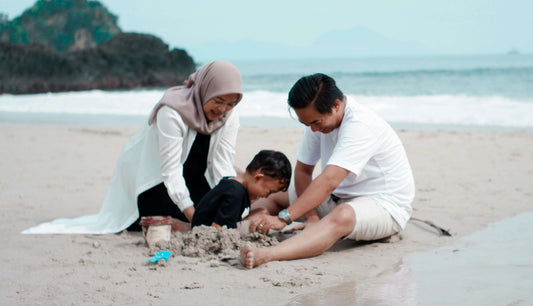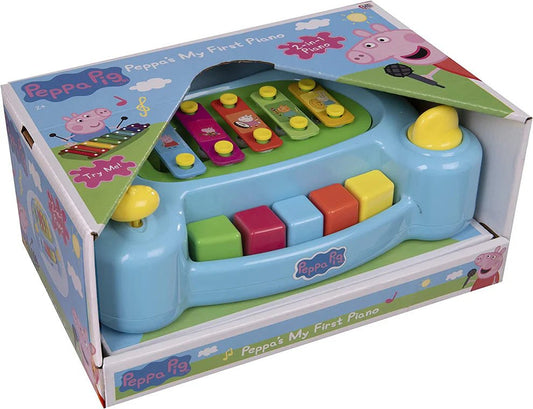News for Parents

Important parenting tips for your first family ...
As any parent will attest to, holidays look a little different when you’ve got a tiny traveller in tow. From the extra considerations during the planning stage to health and...
Important parenting tips for your first family ...
As any parent will attest to, holidays look a little different when you’ve got a tiny traveller in tow. From the extra considerations during the planning stage to health and...

Kids in Business: How Pretend Play Inspires Fin...
In today’s fast-paced world, introducing kids to the basics of money and business is more important than ever. Through engaging role-play and pretend play, children can step into the world...
Kids in Business: How Pretend Play Inspires Fin...
In today’s fast-paced world, introducing kids to the basics of money and business is more important than ever. Through engaging role-play and pretend play, children can step into the world...

Top 10 Tips for Busy Parents with Little Kids: ...
Being a busy parent comes with its fair share of challenges, from managing household chores to ensuring your little ones are happy and engaged with activities and balancing work or...
Top 10 Tips for Busy Parents with Little Kids: ...
Being a busy parent comes with its fair share of challenges, from managing household chores to ensuring your little ones are happy and engaged with activities and balancing work or...

The Top 10 Best Toys and gifts for a 1 Year Old...
Selecting the best toys and gifts for a 1 year old can be both an exciting and overwhelming experience. At this age, little kids are developing rapidly, exploring their surroundings,...
The Top 10 Best Toys and gifts for a 1 Year Old...
Selecting the best toys and gifts for a 1 year old can be both an exciting and overwhelming experience. At this age, little kids are developing rapidly, exploring their surroundings,...

Kids and Benefits of Playing with Musical Toys ...
There's something truly magical about watching a child discover the joy of sound and rhythm. One of the best ways to introduce the beginning of a musical world early is...
Kids and Benefits of Playing with Musical Toys ...
There's something truly magical about watching a child discover the joy of sound and rhythm. One of the best ways to introduce the beginning of a musical world early is...

Budget-Friendly Little Kids Party Ideas and Sup...
Do you have a child with an upcoming birthday but aren't sure where to start planning the perfect celebration without breaking the bank? These budget-friendly tips and ideas will help...
Budget-Friendly Little Kids Party Ideas and Sup...
Do you have a child with an upcoming birthday but aren't sure where to start planning the perfect celebration without breaking the bank? These budget-friendly tips and ideas will help...
Subscribe to our emails
SIgn up for more parenting resources & guides, new collections and exclusive offers.

